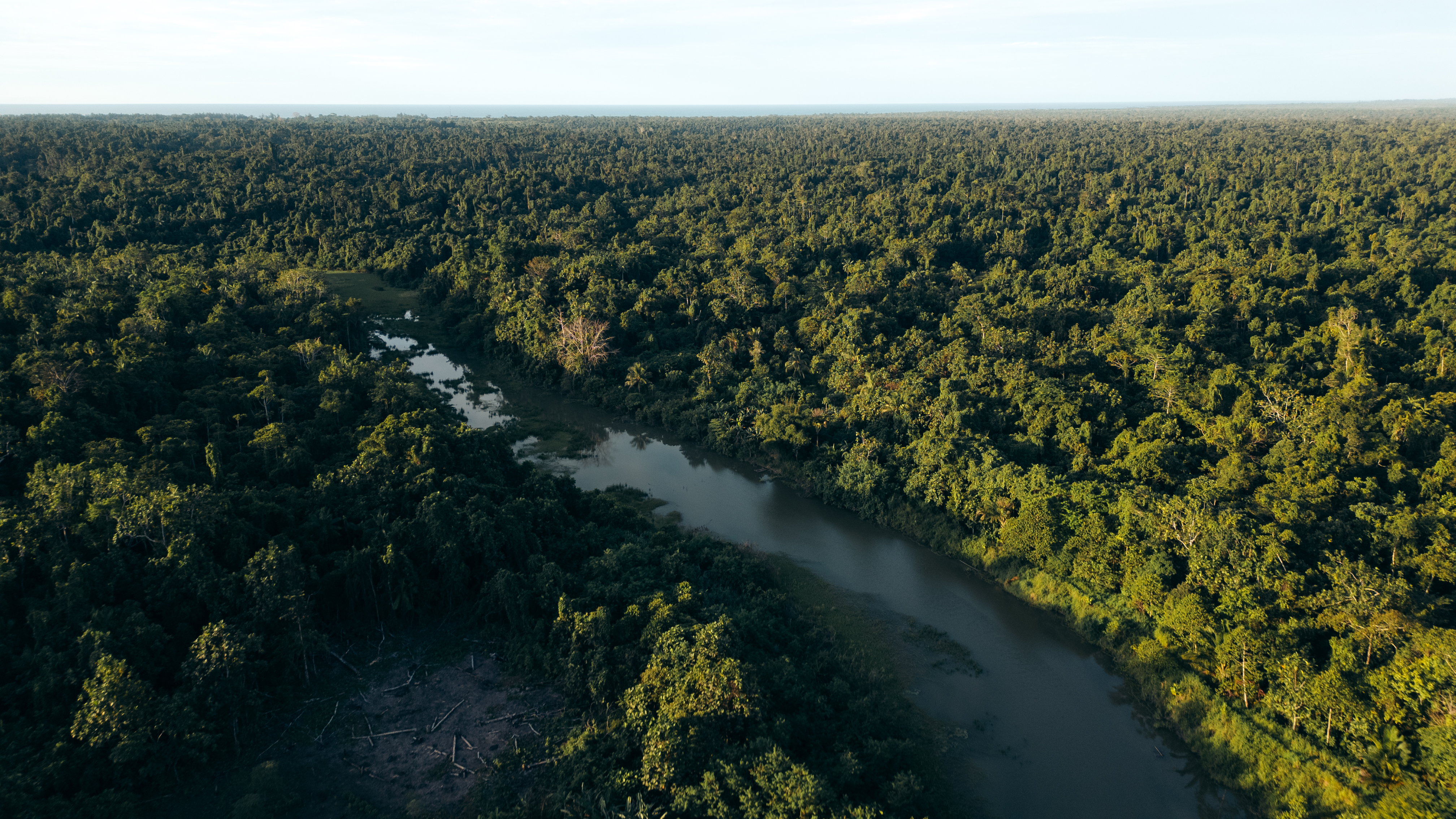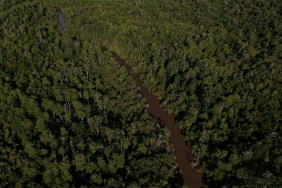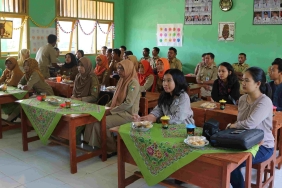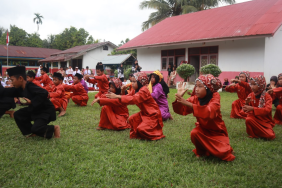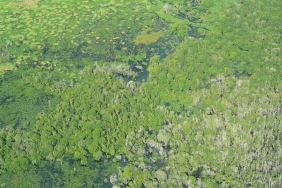THE JOURNEY OF EDUCATION FOR SUSTAINABLE DEVELOPMENT IN INDONESIA FROM AN SSM PERSPECTIVE
The Republic of Indonesia is one of the most populous countries in the world with a population of 235 million (2013). Its size, which includes both land and sea, also places it in the top 20 largest countries in the world.
Indonesia's landscape consisting of sea, islands, islands and mountains, in the process of development and development from time to time produces many impacts. Some of these impacts are positive, but some have an impact on the inequality of life in most communities. This condition provides space for non-governmental organizations (NGOs) to play a role in the movement at the grassroots level for and from the community in order to achieve a better and more sustainable livelihood.
In its long journey, a number of NGOs in several regions have established partnerships with the government in their respective regions and other related parties. In general, it can be said that the presence of NGOs in the community and government is accepted and recognized as providing positive results and impacts.
In the development and implementation of education for sustainable development (ESD) programs or also known by the original term Education for Sustainable Development (ESD), a number of stakeholders including civil organizations/nongovernmental organizations also play an important role.
Towards the end of the Decade of ESD (2005 - 2014) as launched by UNESCO almost ten years ago, a number of ESD activists/NGO activists were moved to see how far ESD is known, understood, and implemented in Indonesia. The journey of ESD programs in Indonesia and assistance by NGOs needs to be recorded and documented as input and shared learning. This prompted the production of this "Journey of Education for Sustainable Development in Indonesia from an NGO Perspective". This report is intended as supporting information on ESD implementation in various forms and translation at the field level in a number of regions in Indonesia.
To collect supporting data for this report, in the second semester of 2012, several NGOs conducted Focus Group Discussions (FGDs) in seven cities with program partners consisting of teachers, principals, city or district education offices, environmental agencies, and other NGOs. At the national level, in December 2012 the Indonesian ESD Network and WWF Indonesia held an ESD Policy Workshop attended by 150 people who were representatives from the central to local governments, school principals as policy makers in schools, and a number of program partners. The ESD Policy Workshop became the starting point for the establishment of the Working Group: Socialization of Recommendations from the ESD Policy Workshop and the report "The Journey of Education for Sustainable Development in Indonesia from an NGO Perspective"
The status of ESD implementation and assessment in this report is based on the collection of ESD implementation practices (best practice) from 22 NGOs in 11 regions/provinces in Indonesia. Admittedly, data collection in this limited time and human resources cannot represent Indonesia as a whole. Nevertheless, it is hoped that the data collected can provide a big picture of ESD implementation in Indonesia. The preparation of this report contributes to the sustainability framework from the point of view and perspective of actors at the grassroots level in several regions in Indonesia.

